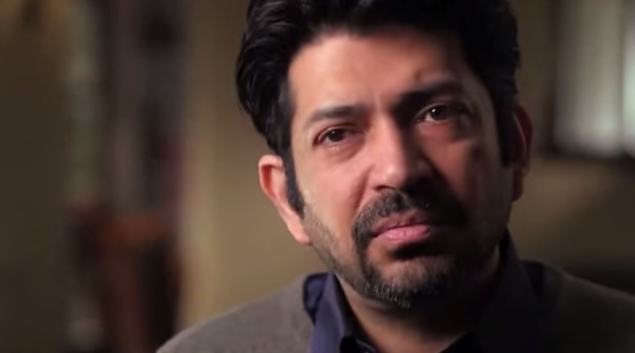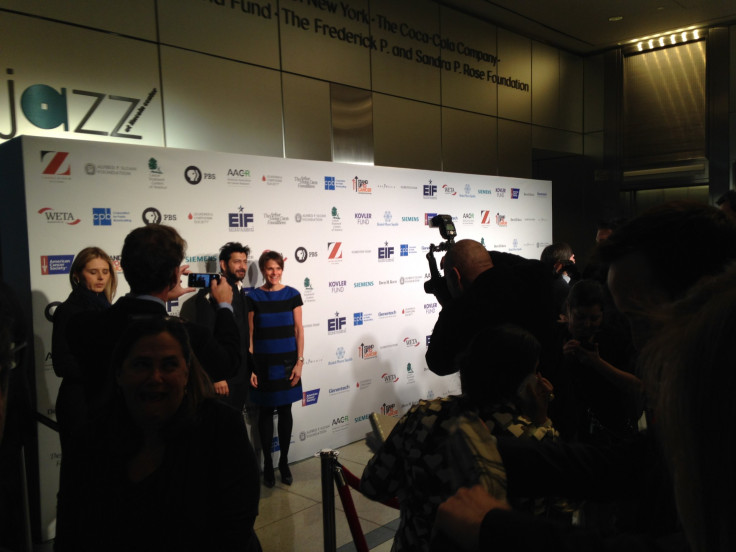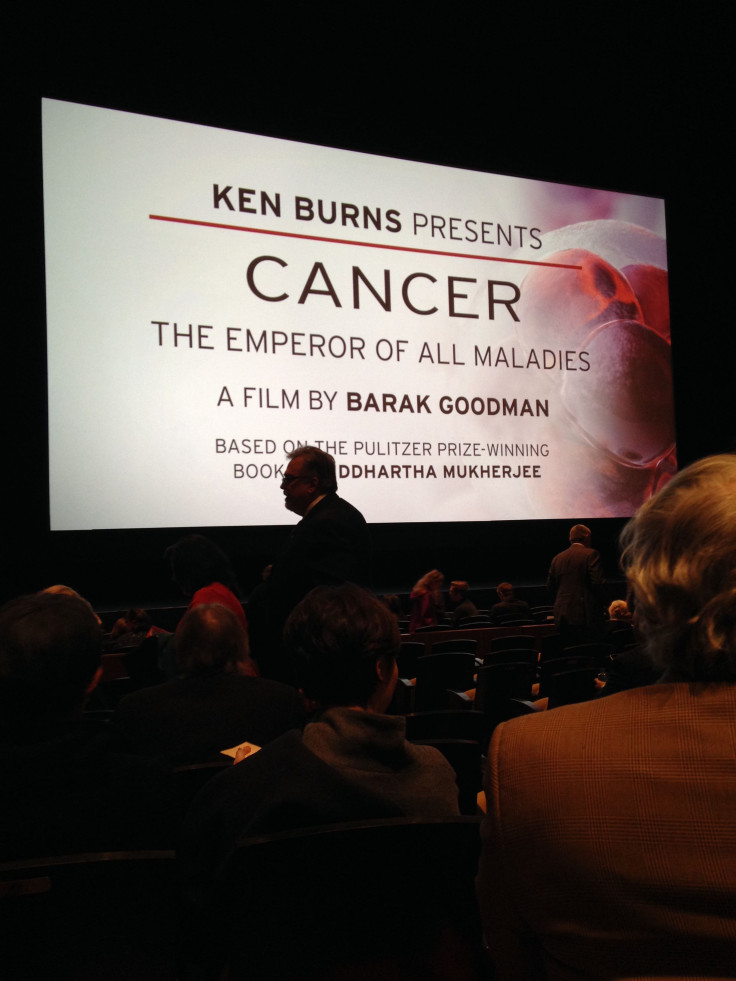A Sneak Peek At 'Emperor Of All Maladies,' A Film About Cancer's History And Future, Based On Siddhartha Mukherjee's Book

Cancer has touched all of our lives in some way or another. One in two men and one in three women will get cancer at some point in their life — and almost everyone has known, or will know someone with cancer. While cancer has become one of the most widely discussed and studied diseases today, in the past it was foreign and uncovered territory; and we still have a long way to go before a cure is found.
The new three-part documentary film Cancer: The Emperor of All Maladies tells the story of cancer, its odyssey played out in research labs, hospitals, and personal lives. The series is set to air on PBS from March 30 to April 1, and it aims to change the world’s understanding of one of the most evasive diseases in history.
The film, produced by Ken Burns and directed by Barak Goodman, is based off a Pulitzer Prize-winning book written by Siddhartha Mukherjee, an oncologist at Columbia University. In the book and now the film, we learn about cancer from the first record of a breast cancer case in ancient Egypt, all the way up to the modern day, rarely missing a detail. We travel along the front lines of the battle against the disease, glimpsing the lives and stories of 19th century surgeons, tobacco advertising companies, physicians, lobbyists, politicians, and cancer patients themselves.
I remember reading Mukherjee’s book for a Medical Reporting class at NYU. Though I hadn’t taken a science class since high school, I found the book fascinating: it took hard science ideas and weaved them into a beautiful narrative of the disease’s connection to literature, history, and humanity. The brilliance of Mukherjee’s writing is not just in his thorough explanation of the hard facts of cancer (a truly deep understanding of the disease from an oncologist’s point of view), but in how he sees the topic in a humanities light: Cancer isn’t just a disease, it’s an enigmatic part of human existence, a mirror of ourselves. Being able to write from this point of view provides us with a much deeper understanding of the disease and the battle than hard scientific jargon could ever have accomplished.
At the Lincoln Center film screening on Tuesday, Mukherjee spoke about the ways in which we describe cancer: resilient, resourceful, unflagging. Come to think of it, he continued, these are all words we often use to describe ourselves. In a way, we’ve met our match in cancer: it’s unlike any other disease out there, embedded inherently in human and animal genes. However many different methods we use to try to fight it, it’s often able to figure out a new way to evade us.



Even though the front against cancer has suffered many devastating defeats, the makers of the film believe that now, more than ever there is hope. There’s hope in the knowledge we’ve gleaned over the past several decades — knowledge that before seemed unattainable, a complete and totally black room locked to us. With knowledge, there’s power; and doctors today believe that it’s only a matter of time before we’re able to intimidate cancer more than the other way around.
“At the time they declared [the war on cancer], in 1971, the goal was to solve the problem within a decade or less,” Barack Goodman, the director of Cancer: The Emperor of All Maladies, told Mother Jones. “Mortality rates now are down somewhat, but not strikingly so. But in terms of our understanding of what cancer is and what the cancer cell is, it's been a huge success. It's striking how little we knew then.”
Watch the trailer below. It’s also worth reading the book and watching the series.
Published by Medicaldaily.com



























